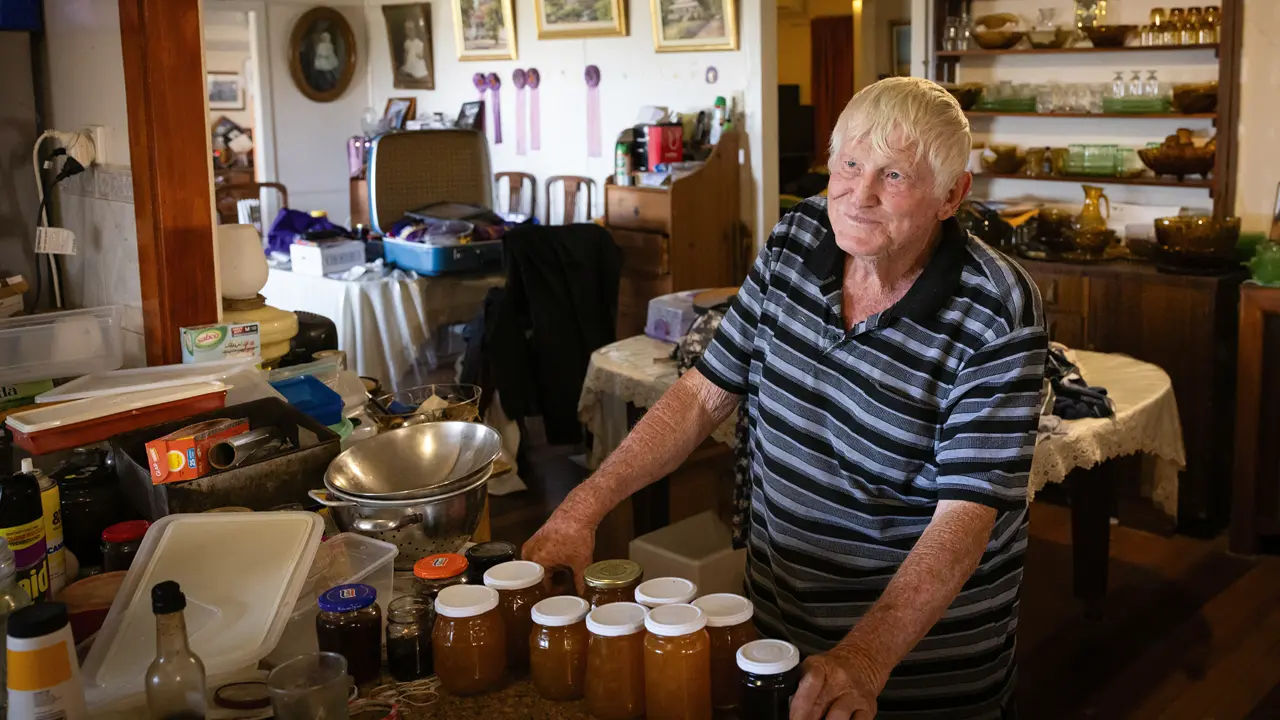With disciplined management and an eye for an opportunity, the Indigenous Land Corporation is achieving its dual aims of creating a significant cattle operation and a successful training ground for young Indigenous cattle workers on Roebuck Plains.
Story By Kerry Sharp
It seems odd to think of flocks of sheep ambling around a pastoral lease in the hot far north of Australia – but they were, indeed, the mainstay of operations on Roebuck Plains Station at the turn of the 20th century. Things have changed dramatically since then for this 294,000-hectare property bordering the Indian Ocean on Western Australia’s Kimberley coast. Roebuck Plains is now a leading cattle-producing enterprise and successful training hub for young Indigenous jobseekers with a dream to work in the pastoral industry.
The station landscape is dead flat for as far as the eye can see, except for thousands of tombstone-like white termite mounds splattered across some stretches. Vast bird-rich marine plains and red pindan country sweep to distant horizons from the station’s fence lines on both sides of the Great Northern Highway, just 35 kilometres from the historic pearling town of Broome. Within those boundaries, more than 20,000 cattle graze and a workforce of mostly Aboriginal stockmen, with keen young trainees at their side, is helping to build Roebuck Plains into one of Australia’s most significant cattle enterprises.
The Indigenous Land Corporation (ILC) recognised the value of Roebuck Plains and paid $8 million for the land, its plant, equipment and livestock in 1999. The outlay added a prime Kimberley property to the five cattle stations it already operates and the other six properties it runs in partnership with traditional-owner groups that sought help to develop cattle enterprises on their land. ILC’s Kimberley, Top End, Cape York and south-east Queensland properties combine the business of producing cattle with providing employment and accredited training, and bringing Indigenous-held land into production.
The ILC is the latest in a string of owners that has worked Roebuck Plains with varying degrees of success and commitment since 1901. The corporation officially took over management in 2001 and has since injected $6 million into building on the foundations of what was already a viable cattle operation. Efforts have focused on bolstering the Aboriginal workforce, upgrading the homestead and staff quarters, replacing unserviceable machinery, enhancing the herd’s bloodlines and buying good mustering horses. National Indigenous Pastoral Enterprises Pty Ltd was launched to handle the employment of the station’s growing workforce.
This story excerpt is from Issue #78
Outback Magazine: Aug/Sept 2011








